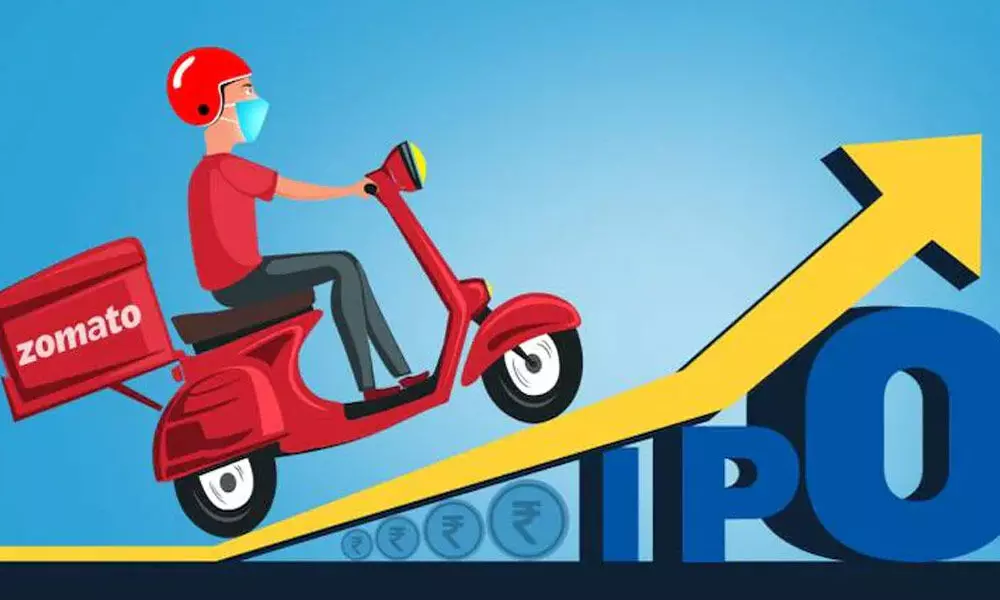Zomato IPO success a game changer for startups

Zomato IPO success a game changer for startups
Huge response to food delivery company Zomato’s IPO (initial public offering) indicates that investors are ready to embrace the uncertainties associated with internet consumer startups
Huge response to food delivery company Zomato's IPO (initial public offering) indicates that investors are ready to embrace the uncertainties associated with internet consumer startups. The Rs 9,375 crore-worth share sale was oversubscribed by more than 38 times at the end of its closing period on July 16.
While the portion reserved for QIBs (qualified institutional buyers) was subscribed close to 52 times, the retail investors' portion was subscribed by 7.5 times. Such participation reflects that Indian startup ecosystem has matured and investors are ready to take the risk knowing fully that these startups are yet to see any profit on their profit & loss account.
For instance, Zomato's revenue fell by around a quarter year-on-year to Rs 1,994 crore in FY21, according to its red herring prospectus submitted with market regulator Sebi. Losses, however, narrowed - from Rs 2,363 crore in FY20 to Rs 812 crore in FY21, the prospectus showed. So, the investors are putting their money into a loss-making company on the hope that the food delivery app will be profitable soon as the unit economics starts working in its favour.
Given the positive response to Zomato IPO, payments company Paytm has filed prospectus for going public. The company plans to raise Rs 16,600 crore from the market, making it the biggest IPO in a decade. Not only Paytm, another payments firm MobiKwik has also filed draft prospectus for raising Rs 1,900 crore from investors. A host of other startups like Delhivery, Nykaa & PolicyBazaar are also planning to go public in the coming months.
Such IPO frenzy among these new age companies has been facilitated to a large extent by the recent relaxation in norms by the market regulator. Under the new rules, the holding period of 25 per cent of pre-issue capital for eligible investors will now come down to one year from the earlier two years.
Similarly, the issuer company is now allowed to allocate up to 60 per cent of the issue size on a discretionary basis prior to the IPO opening for subscription with a lock-in of 30 days on such shares. Also, the threshold trigger for open offers has been relaxed from the existing 25 per cent to 49 per cent. Such relaxation in norm has enabled the new age companies to tap the primary market with ease.
Meanwhile, analysts are sceptical about the valuation aspect of these companies. Traditionally, companies are valued based on their profits and revenues. Margin also plays a critical role in valuing a company. However, most of these internet startups don't have profit on their books. Such deviation from the basic tenet of valuation makes it difficult for the analyst community to arrive at a consensus on the valuation aspect.
However, many startup founders are of the opinion that technology can consolidate the marketplace at a faster pace. Therefore, tech-based startups can scale up very fast and post large profits as they become dominant players in their respective segments. So, high valuation is justified taking into account the future opportunities. While the debate over valuation will continue, there is no doubt that the era of startup has just begun on Indian bourses.














